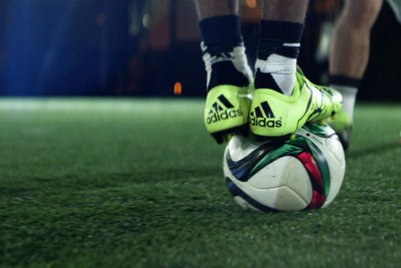
The 2011-2012 BAV report surveyed 5,000 consumers online for their views on more than 1,300 brands.
International tech brands topped the rankings, with Google and Apple heading the list and a number of their products (iPhone, Google Maps) also populating the top 20. The report confirms the dominance of a "creative class" of visionary companies that also includes Ikea and Lego, according to Brand Assets Consulting.
A list of large brands that have declined consistently over the last five years includes Qantas, Dairy Farmers, Mr Sheen, Dymocks, OPSM, Levi's, and Meadow Lea.
The full list of Australia's top 12 brands—Google, Apple, Ikea, Paypal, YouTube, Microsoft, Windows 7, eBay, Wii, Dyson, Vegemite, Subway—includes only one home-grown name, Vegemite.
Several factors are contributing to the decline in trust for Australian brands, according to Keith Newton, BAC director. "Chief among them is that the bar for leadership has risen," he said. "And the need for innovation is too often sacrificed in the pressured quest for sales. Widespread discounting has also undermined what some brands actually stand for.”
While a value approach can work well in certain cases, in some sectors brands are taking it too far, he added. “The leading supermarkets are strong brands, and so are their better own label offerings," he warned. "Once their product marketing improves, the brands that have failed to build brand strength will really feel the heat, and those who play close to a commodity game will be hurt even more by the home brand price offerings."
On the bright side in retail, Gap, Zara, Lululemon, Abercrombie and Fitch, Strawberrynet.com, Victoria’s Secret, and ASOS saw increases in brand strength, particular among younger Australian women, according to the company.




.jpg&h=334&w=500&q=100&v=20250320&c=1)
.jpg&h=334&w=500&q=100&v=20250320&c=1)
.jpg&h=334&w=500&q=100&v=20250320&c=1)
.jpg&h=334&w=500&q=100&v=20250320&c=1)
.jpg&h=334&w=500&q=100&v=20250320&c=1)



.jpg&h=268&w=401&q=100&v=20250320&c=1)


.jpg&h=268&w=401&q=100&v=20250320&c=1)
.jpg&h=268&w=401&q=100&v=20250320&c=1)
.png&h=268&w=401&q=100&v=20250320&c=1)
.jpg&h=268&w=401&q=100&v=20250320&c=1)
